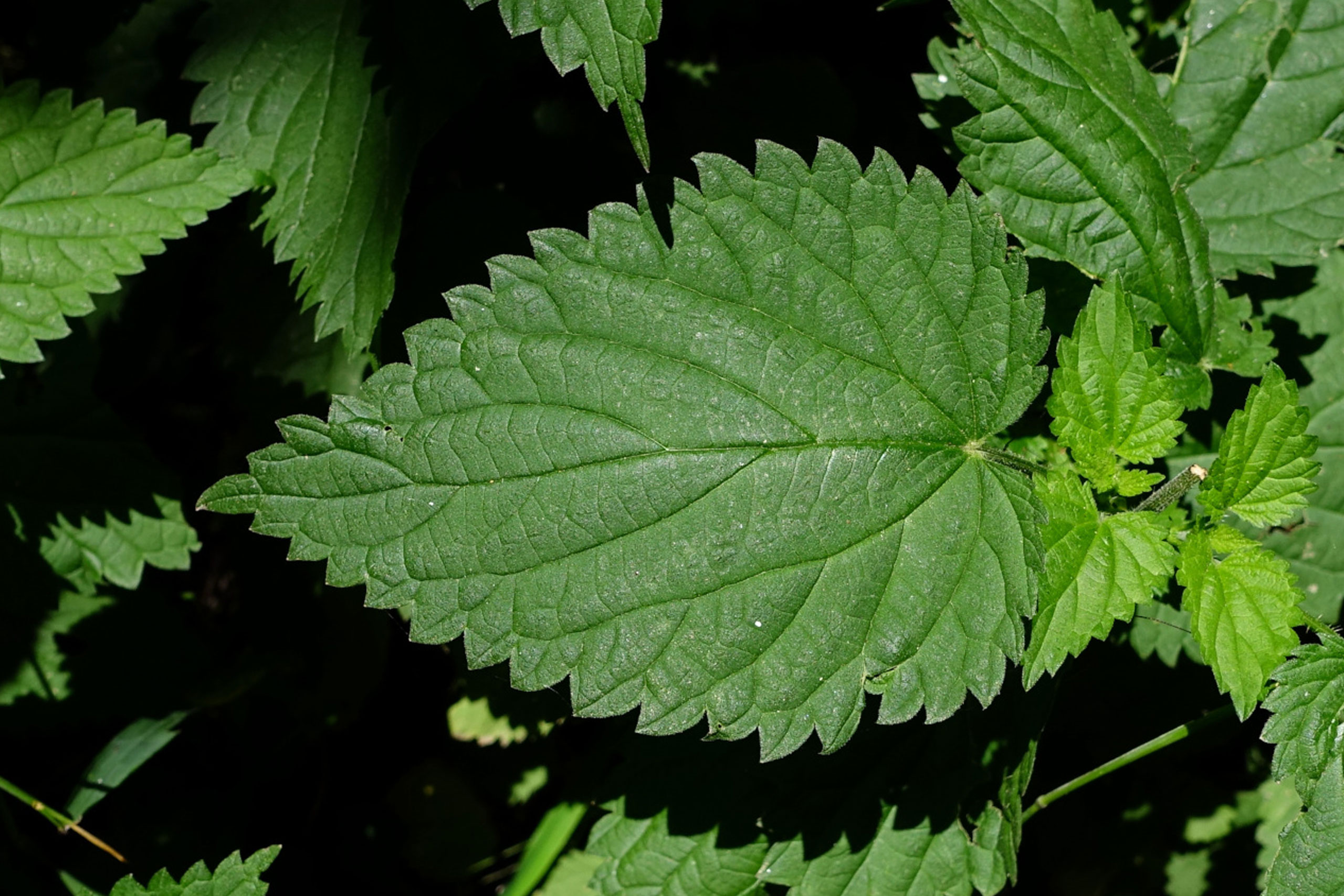Often recognised more for its sting than its medicine, Urtica dioica—commonly known as stinging nettle—is one of the most generous and versatile plants in herbal medicine. Found flourishing in hedgerows, gardens, and verges, nettle is a botanical powerhouse: a deeply nourishing tonic, a gentle stimulant to the body’s elimination pathways, and a reliable ally in inflammatory, allergic, and depleted states.
Let’s explore the roots (and leaves and seeds) of this enduring herbal ally.
A Plant Steeped in Tradition
Nettle has a rich folk history stretching across Europe, Asia, and beyond. Roman soldiers reputedly used it to warm the limbs in cold climates. In traditional Western herbalism, it was prized as a spring tonic—restoring vitality after long winters—and used in treating joint pain, skin conditions, and blood disorders.
In modern herbal practice, we still turn to nettle for its deeply nutritive qualities and its wide-ranging effects on the immune system, kidneys, joints, and skin.
Traditional and Modern Uses
Today, clinical herbalists use Urtica dioica in a wide variety of presentations:
- As a nutritive tonic: Nettle is mineral-rich, especially in iron, calcium, magnesium, and silica. It’s used to support recovery from anaemia, fatigue, or nutritional depletion—particularly where there’s chronic inflammation.
- For the skin, joints, and urinary system: Its anti-inflammatory and mildly diuretic properties make it useful in eczema, acne, arthritis, gout, and fluid retention.
- In allergies and immune imbalance: Nettle is used in allergic rhinitis, mastitis, and inflammatory skin conditions, particularly where there is lymphatic congestion.
- To regulate blood sugar and metabolic health: It is sometimes included in protocols for type 2 diabetes and metabolic syndrome, though monitoring is advised.
- As a seed-based adaptogen: Nettle seed is gaining attention as a kidney trophorestorative and mild adaptogen—supporting adrenal function and vitality in burnout states.
What the Research Says
Research has confirmed several of nettle’s traditional applications:
- Anti-inflammatory & immunomodulatory: Studies suggest that nettle extracts can inhibit pro-inflammatory pathways and modulate immune cell activity. Extracts have been shown to inhibit NF-κB and decrease levels of TNF-alpha, making it particularly relevant for inflammatory conditions.
- Benign prostatic hyperplasia (BPH): Clinical trials have shown nettle root can improve urinary symptoms in men with BPH, potentially by inhibiting sex hormone-binding globulin and aromatase.
- Antioxidant & antidiabetic activity: Nettle contains flavonoids, carotenoids, and other compounds that have been linked to antioxidant effects and modulation of glucose metabolism. However, studies have reported both hypoglycaemic and hyperglycaemic effects, indicating a need for clinical judgement in use with diabetic patients.
- Haematological effects: Nettle’s rich iron and chlorophyll content may support haemoglobin levels and red cell health, though its effectiveness in anaemia is likely synergistic and context-dependent.
Safety Considerations
Nettle is widely regarded as safe and nourishing. However:
- Caution is advised in individuals taking insulin or blood-sugar-lowering medications.
- Those with kidney conditions should avoid concentrated seed extracts unless under supervision.
- Rarely, fresh nettle may cause contact urticaria (stinging rash), though drying or cooking removes this effect.
As always, professional guidance ensures the herb is used safely and effectively.
In Practice
At Quantum Apotheca, we use Urtica dioica in many ways—from tea blends for spring cleansing, to tinctures for eczema and hay fever, to powdered leaf as a restorative in cases of burnout and chronic fatigue. It’s a plant that meets the body where it’s depleted, offering both strength and nourishment.
Whether you need to build, cleanse, or calm, nettle offers a generous hand—rooted in tradition, supported by science, and deeply in tune with the rhythms of the body.

